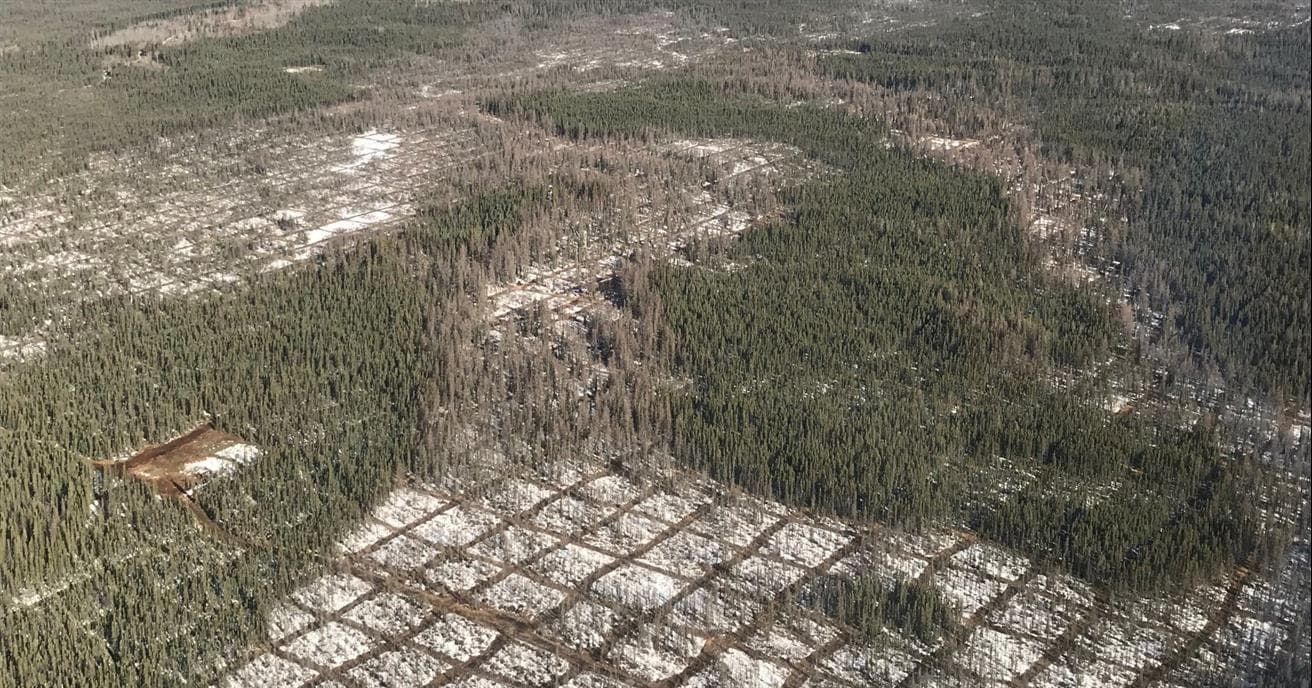You may have read about seismic exploration but have you heard about it? Now’s your chance.
Chilwell’s Megan Boutin, program lead, geotechnology and Christine Daly, senior sustainability advisor, water and closure technology, recently participated in the podcast “Innovative Minds”, hosted by Canada’s Oil Sands Innovation Alliance (COSIA), to talk seismic exploration and how our industry is working together to address environmental challenges.
“Seismic exploration is necessary for developing the oil sands resources,” says Megan. “It involves using energy waves on the ground’s surface to tell us what things look like underground and helps us create a digital picture of important features above, within and below our hydrocarbon reservoirs.”
Current seismic processes have an environmental footprint that impacts boreal forest vegetation, wetlands and wildlife, specifically the woodland caribou. Seismic lines create corridors that wolves can more easily access and use to track prey like caribou. They can also increase methane emissions because without a tree canopy, temperatures can increase, and soil becomes more compacted from repeated use. Seismic lines, and cumulative disturbance in general, also affect local Indigenous communities’ traditional activities such as hunting and trapping.
So how can companies get the information they need for this important work while reducing or eliminating our environmental footprint? Working together, COSIA member company representatives are sharing their expertise and finding multiple solutions to support exactly that. COSIA accelerates the pace of environmental performance improvement in Canada’s oil sands through collaborative action and innovation, with members representing more than 90 per cent of oil sands production.
In late 2020, COSIA held the COSIA Exploration Tools virtual workshop. Over 160 participants came together including COSIA member company representatives, industry experts and innovators to discuss and evaluate different seismic solutions, with the aim of approaching zero land disturbance. Megan and Christine were co-chairs of the event.
“The enthusiasm and engagement of participants, even virtually, was really evident,” says Megan. “There is urgency to address the environmental footprint challenge, especially for caribou conservation, so it was great to see a lot of people who are excited to find solutions.”
COSIA members companies are now taking what they learned from the workshop and exploring potential opportunities for implementing new solutions safely and cost-effectively within their own operations.
“I’m really encouraged by the conversations that took place during the workshop and to see where this work will take us, “says Christine. “I’m also proud of the multi-disciplinary approach Chilwell is taking to address this challenge – it’s not just one team working in this space.”
Check out the podcast featuring Megan and Christine on Spotify or Apple Podcasts and choose Innovative Minds – Approaching Zero Land Disturbance.




